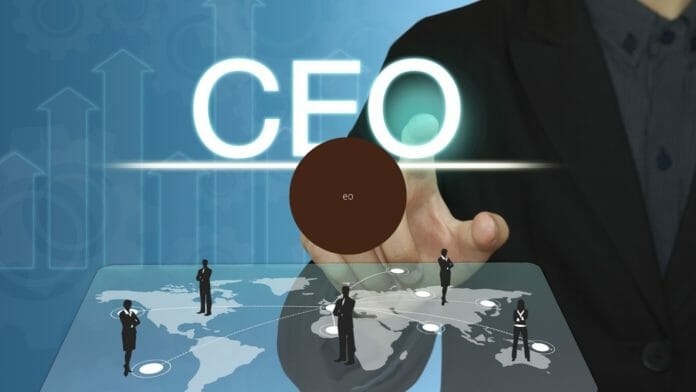There’s a big difference between being the CEO of your company and being the owner. The former means you’re in charge of day-to-day operations, while the latter means you have a stake in the business itself. So which one are you?
CEO vs Owner
The CEO is the chief executive officer of a company, while the owner is the person or entity who owns the company. The CEO is responsible for running the day-to-day operations of the company and making decisions on behalf of the Board of Directors, while the owner may or may not be involved in these activities. The CEO is typically appointed by the Board of Directors, while the owner may be appointed by shareholders.
The responsibilities of a CEO
The CEO is responsible for the overall management and direction of the company. This includes setting strategic goals, making decisions on investments and acquisitions, overseeing day-to-day operations, and ensuring that the company meets its financial goals. The CEO is also responsible for developing and implementing marketing and sales strategies. In larger companies, the CEO may also have a role in investor relations and public relations.
The owner of a company is typically the individual who founded the company or purchased it from another owner. The owner typically has a significant financial stake in the company and may also be involved in its operations. In some cases, the owner may be the sole decision-maker for the company. In other cases, the owner may delegate some or all of their decision-making authority to a CEO or other executive members of management.
The duties of a CEO
The CEO is the Chief Executive Officer, the highest-ranking person in a company. The CEO sets the tone for the entire organization and is responsible for making major decisions that will affect the company. The CEO is also responsible for ensuring that the company meets its financial goals and objectives.
The CEO reports to the Board of Directors and is responsible for making sure that the Board is kept informed of the company’s progress. The CEO is also responsible for hiring and firing senior executives.
The powers of a CEO
The chief executive officer (CEO) of a company is responsible for making major decisions that guide the direction of the business. They are also responsible for ensuring that the company meets its financial and other goals. The CEO reports to the board of directors.
The board of directors is a group of individuals elected by the shareholders of a company to oversee the management of the business and make decisions on behalf of the shareholders. The board of directors appoints the CEO, who is then responsible for hiring and firing other executives. The shareholders are the people who own the company. They have invested their money in the business in exchange for a share of the profits or equity. The CEO is ultimately responsible for the success or failure of the company. They are paid a salary and may also receive bonuses or stock options based on their performance.
The limitations of a CEO
The CEO is the highest ranking executive in a company, and their primary role is to make strategic decisions that will ensure the growth and profitability of the organization. While they are responsible for the overall direction of the company, they are not responsible for its day-to-day operations. This is the role of the president or chief operating officer. The CEO is also not responsible for making all of the company’s decisions. They may delegate this authority to other executives, such as the chief financial officer or chief marketing officer. The CEO’s role is to make sure that these decisions are made in line with the company’s overall strategy.
While the CEO has a great deal of responsibility, they also have a number of limitations. First and foremost, they are not omniscient – they cannot possibly know everything that is going on in all areas of the company at all times. This means that they must rely on other executives and staff members to keep them informed about what is happening within their organization. Another limitation of CEOs is that they are human beings, fallible like everyone else. They can make mistakes in their decision-making, which can lead to disastrous consequences for their companies. Finally, CEOs are often beholden to shareholders and other stakeholders, which can limit their ability to make bold decisions or take risks.


